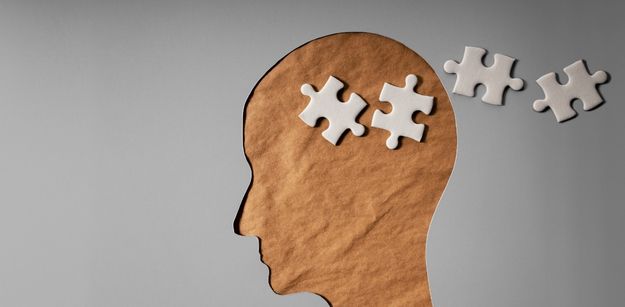Depression, anxiety, stress, and even substance dependence are mental health illnesses that have a negative if not devastating impact on health and wellness. Depression can leave one unable to find pleasure in life while anxiety can prevent you from leaving your home or finding peace.

While psychological conditions can have a limiting impact on our lives, it is imperative that at some point, responsibility is taken for the negative behaviors or the things that we do that leave us hiding behind our diagnosis rather than taking accountability for it. For example, Toronto depression treatment focuses on encouraging clients to recognize negative thoughts and emotions and the ways it affects others. Individuals who constantly treat others poorly will start losing a vital part of their support system which is necessary for a healthy recovery.
These conditions are devastating and can result in self-limiting behaviors that leave us stuck and unable to move forward. In this guide, we explore the impact of mental illness and when it’s the right time to stop using it as an excuse but as a stepping stone to better your life.
Why People Hide Behind Mental Illness
For some, the diagnosis of mental illness is overwhelming and challenging. Many are unable to cope constructively or seek the help that they need which complicates matters.
Conditions such as depression, anxiety, and even chronic stress can lead to individuals saying and doing things that they wouldn’t normally do. But when behavior becomes out of control or negative towards loved ones, is it time to stop hiding behind mental illness and take accountability for one’s actions? Where do you draw the line and where are individuals provided a pass for their condition?
There are many reasons for mental health problems and the behaviors associated with these conditions but psychological and emotional difficulties should never be used as an excuse to behave badly.
Taking Responsibility for Your Mental Health
If you’ve been treated badly by a loved one or a close friend who you know is diagnosed with a mental illness, do you call them out on it or do you give them a pass?
There are many conditions that affect individual behavior, personality, and attitude making it hard for individuals to maintain control. You might experience the person as rude, moody, or as taking you for granted and in their defense, they might not even be aware of how they are treating you or coming across.
The problem is that mental healthcare conditions should never be used as an excuse to continue to treat others poorly. Whether this is a handful of episodes of someone being rude, dismissive, or simply uninterested, it is important to bring these incidents to their attention. This should be approached in a gentle and supportive manner so that individuals feel that they are loved and cared for rather than judged.
When Behavior is Simply Unacceptable
When you receive a psychological diagnosis, it is important to remember that people still need to be treated with respect and consideration. A mental illness diagnosis is not an excuse to treat others disrespectfully or manipulatively because it not only affects their lives negatively but it also places them under immense stress and pressure.
For those who are struggling to cope with a diagnosis such as depression, reaching out for professional help is the best step that you can take.
Depression and anxiety can leave one unable to connect with others and this includes self-defeating thoughts and attitudes that influence the way we come across and behave. While mental health conditions can be incredibly hard, it is not acceptable to treat others disrespectfully or with ill intent because of a diagnosis.
By seeking the appropriate help from a professional and licensed therapist, individuals are taught how to constructively cope. Toronto depression treatment focuses on assisting individuals to build healthy relationships and to create a strong foundation in which they receive support from their loved ones rather than be turned away.
If you are struggling with psychological distress or mental health concern, the best step that you can take is to reach out to your trusted therapist. They will introduce an individualized wellness plan in which various aspects of your condition and symptoms are explored.
For the relatives and friends of individuals who fail to take responsibility for their actions, be sure to approach them gently and with love and kindness. Bring to their attention that they simply cannot treat the important people in their lives poorly and hide behind mental illness.